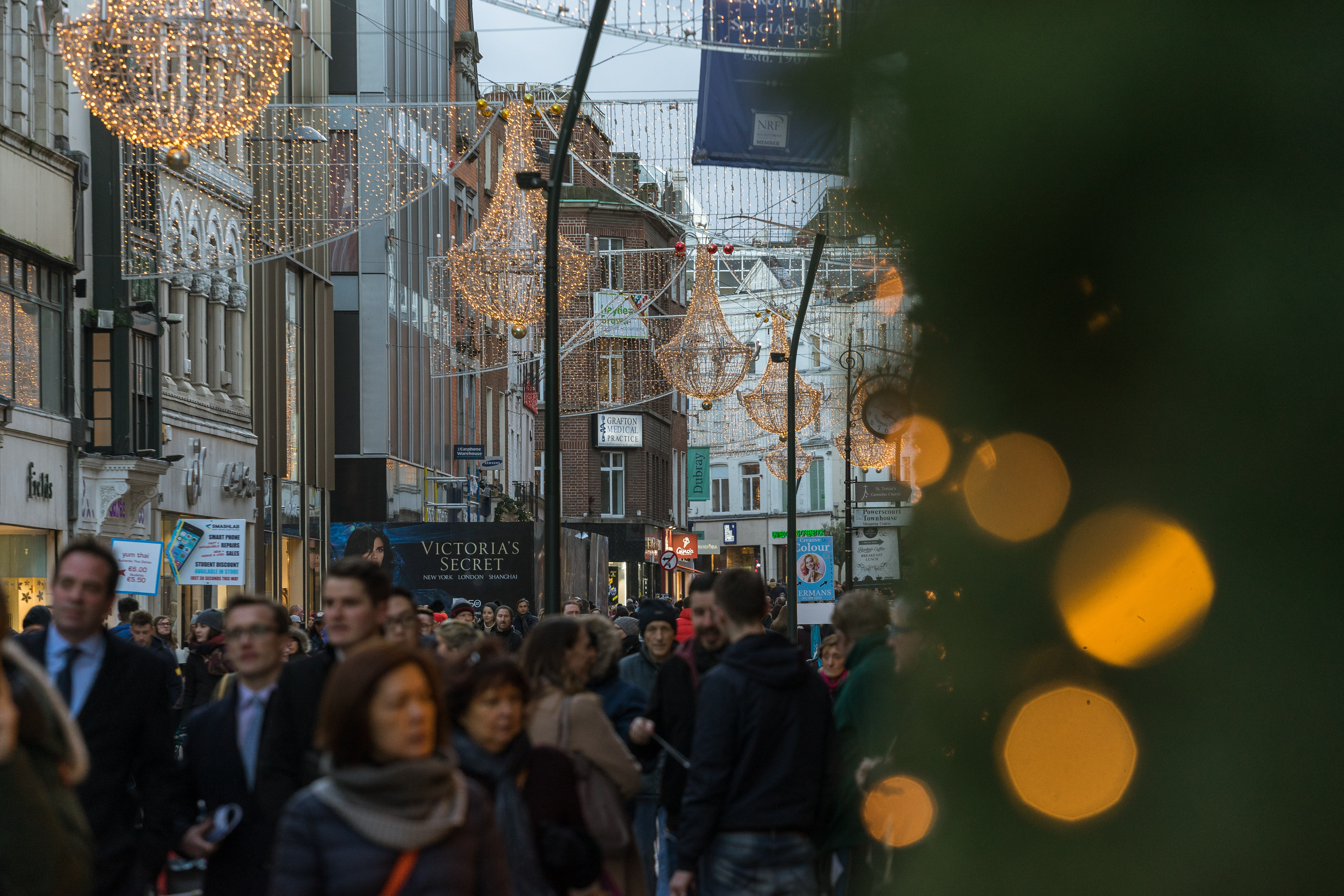
But what about those not returning home this Christmas? Consider the international members of Trinity’s community spending December in Dublin, those who have opted to experience Christmas in a country and culture very different from their own.
Yash Pandey and Aniket Agarwal are both from India, studying Computer Science and living in Trinity Hall. They will spend the next two years in Trinity as part of their degree programme and have decided not to make the journey back home this Christmas. For Pandey, it’s about wanting to experience something outside the norm: “In India, Christmas is not celebrated as widely. I’ve lived in India for the past twenty years and would rather do something new this year.” Whereas for Agarwal, the expense of travelling back home isn’t worth it. He would rather save the money, particularly as Christmas does not play a large role in Indian society.
Considering that Trinity Hall is set to become almost fully deserted this festive period, I wondered if either of them will feel lonely knowing that their Irish friends have a month to transcend the college bubble completely. Agarwal and Pandey are philosophical, explaining that they view the time off as an opportunity, a chance to “explore different parts of Ireland, relax, maybe do some study”. The importance of Christmas varies across cultures, and Pandey explains that the only aspect fully celebrated in India is Christmas Day, during which families informally come together to share a meal. Regarded as a primarily commercial celebration, there is still a focus on Santa Claus and the exchange of gifts. However, the occasion pales in comparison to the large-scale festivities associated with Diwali and Holi.
Home does not always mean family however, nor is it fixed on one geographical place. It is the warmth of community, security, and connection rolled into one. For Pandey and Agarwal, Christmas Day will be spent enjoying a group dinner with fellow international students. They could easily wallow in loneliness or isolation. However, they are moulding the festive period into one of scope and endeavour. As us Irish students tear into our turkey dinners, loll in front of the fire, and make small talk with long-lost cousins, remember those who do not have the means or the money to travel home this Christmas. Not everyone perceives the period in the same light, and it is worth reflecting on the luxury of simple things; festivity, friendship and family.






